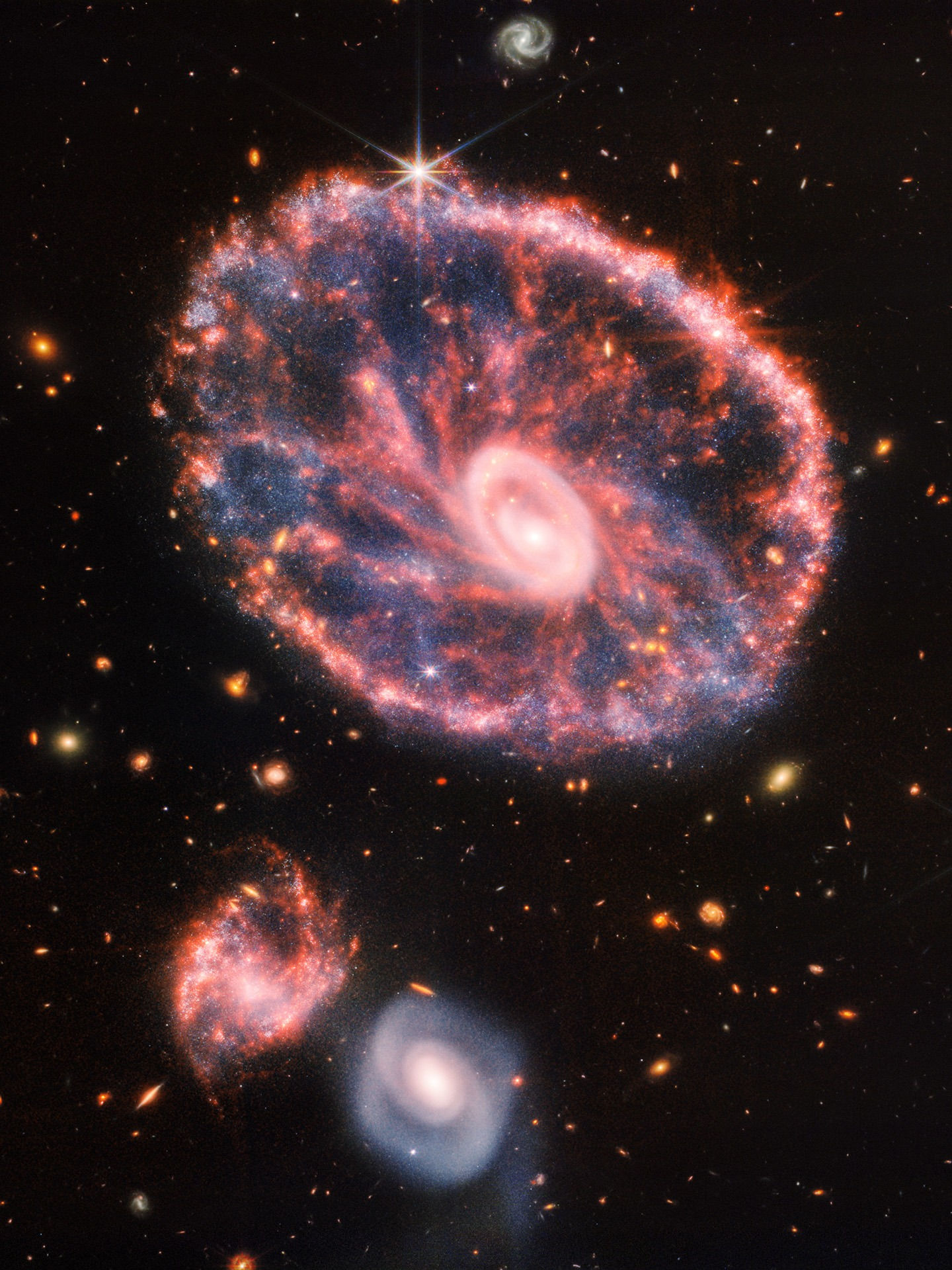Albert Einstein, the man who invented the theory of general relativity, (the most successful theory of all time), spent much of his latter life trying to unify his own theory: general relativity with Maxwell's equations for electromagnetism. Ignoring the recent discovery of nuclear forces and the quantum mechanics, he had no successful results in his pioneering work towards unification. However, today the best physicists in the world have the same dream: There must be a comprehensible and singular big picture of the Universe: a single law of nature if you want. In 1929, Einstein published a paper on the idea of Unification.

Perhaps it is not just his hair, and the unbelievable success of his theories, that make him still so famous today, but also the fact that he spend the whole rest of his life for the Ultimate Ideal of Unification (let us not forget the photoelectric effect and his other contributions to physics). In this paper, he mentions: “Roughly but truthfully, one might say: we not only want to understand how nature works, but we are also after the perhaps utopian and presumptuous goal of understanding why nature is the way it is and not otherwise.”
Today, there is still a luck of a clear direction towards Unification, but most of the suggested theories are too complicated to be true in our opinion. After all, among the dozens of different theories which have been suggested, all of them originate from radically different perceptions of nature, and only one of them, at most, can be correct. Complicated theories with at least 13 extra spatial dimensions might be correct, but never fail to remind us of the at least 13 extra epicycles of the early geocentric models.
Today LHC, the large hadron collider, has not detected anything yet, but this is due to the incomparably higher energies that correspond to quantum gravity. Self consistent mathematical theories of quantum gravity today remain our main playground, such as string theory. However, both the theory of general relativity and the theory of quantum mechanics are most probably based on entirely wrong perceptions about the way that nature works, despite their good predictions. Human creativity here comes to play a major role in forming a radically new picture of nature, that will explain both quantum effects and gravity. In science, the success of different theories, has hardly depended on the human efforts, but rather on the passage of time. It was impossible for Newton to publish the general theory of relativity. In the same way, it is not possible for us today to know the correct theory of quantum gravity. It is also impossible for us to know what will be the next piece of the puzzle that will help us to see the big picture in the future. With this mindset, it would probably be more wise, instead of formulating cosmological models that are 1000 years ahead of our time, to look for the accumulation of small advantages that will allow the next generations to build upon them. We certainly don't want to have the same fate with the ancient Greeks and their strong belief for a geocentric model, e belief that remained for dozens of centuries afterwards. However, if they were much more intelligent they would had initiated the slow development of methods to measure the parallax of distant stars for example, which would have ruled out a geocentric model.































































































コメント